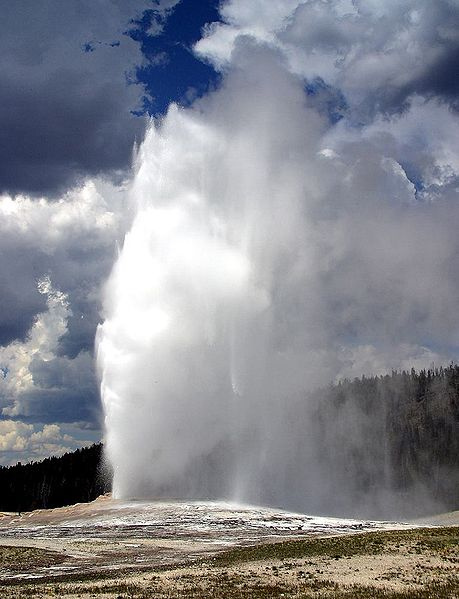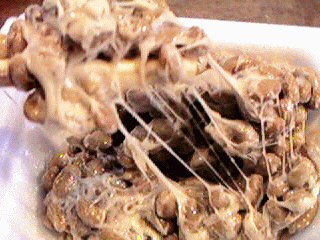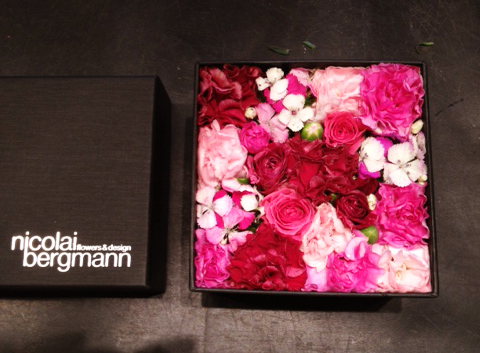Hey everyone.
I decided it’s finally time to tackle the white elephant in the room.
So you’re all learning English and many of us Lesson Partners are learning Japanese.
When you start to learn a new language the first thing you do is start translating, changing all your favorite words to a different language.
At first everything seems fine and dandy..
白 Is white, 日 Is day etc.. But before long you’ll start to find, or perhaps already have found, that lots of your favorite words don’t have nice neat translations.
For example your dictionary tells you that 懐かし is Nostalgic but you probably haven’t
heard many English speakers uttering “ nostalgic “ while looking at old pictures or going to their old neighborhood.
In similar way it’s true that an Onsen is a Hot spring, but if you invite me to a hot spring, I might think we are going sightseeing, at the least I will bring a bathing suit….
but nothing in the word hot spring will prepare me for being naked in a bath with strangers who keep small white towels perched gingerly on their heads.
皆さん、こんにちは。
今日は普段あまり話さないことを話そうと思います。
皆さんは英語を勉強し、我々多くのレッスンパートナーは日本語を学んでいます。
新しい言語を勉強する際にまず初めにすることは気に入った単語を学んでいる言語に変えていく翻訳ではないでしょうか。
“White”は「白」”Day”は「日」, と始めは全てが問題ないように思いますが、そのうちにたくさんの気に入った単語を表すのに適した単語が見つからないというような事はありませんか。
例えば「懐かし」と辞書を引けば”nostalgic”と出てきますが、英語のネイティブスピーカーが古い写真を見たり、古いご近所さんに会った際に”nostalgic”というのを聞いたことがないと思います。
同じように、「温泉」は英語で”Hot spring”というのは事実ですが、もしあなたが私を”Hot spring”に招待してくださるなら私はきっと観光に行くものだと思ってしまうかもしれません。
最低でも水着は用意していくでしょう。
”Hot spring”という単語が私に裸で小さなタオルを慎重に頭に乗せた他人と一緒にお風呂に入るということは伝えてはくれません。

This is a hot spring!
Finding yourself misunderstood when you think you are using the right word is one of the most frustrating things about learning a language, it can leave you feeling like there is a raging river between you and the other language speaking world, it can make you decide to call it quits and resign yourself to living in a monolingual world. ( Also in my experience ,using the wrong word can get you a very very bad hair cut..)
So what can help you bridge this river of mistranslation ?
Well as you know, English and Japanese are very different .
But the good news is a lot of the
things we watch , movies, news, plays.. are the same.
And even better a lot of the ways we feel are the same.
This common ground can really help you learn and help you explain things to foreigners.
Let’s try it out…
are you having a hard time getting your lesson partner to understand はずかし? Well ,when do you feel はずかし?
How about when you trip and fall on the subway
steps?
How about when your mom shows your friends baby pictures of you walking around in a big pink diaper ?
You feel はずかし and I feel embarrassed . No need to look up anything, just explain the situation.
勉強するにあたり、正しい単語使っていると思っている時に自分自身が誤解されていると気づくことは言語学習において最もストレスがたまることの一つですよね
このことは自分と他の言語を話す外国との間に大きな川があるように感覚を残してしまうでしょう。
このことは皆さん自身をモノリンガルの世界に住んでしまえばいいというように思わせてしまいます。(私の経験でも間違った言葉と使ってしまい散髪してもらったら大変なことになってしまいました。)
何がこの誤った翻訳の川の架け橋になるのでしょうか。
ご存知の通り、日本語と英語は全く異なった言語です。
しかし共通していることもあります。
それは我々が同じように映画、ニュース、劇を観るということです。加え、我々が何かを感じる方法は一緒です。
この共通の基盤はあなたが外国語を学ぶこと、そして何かを外国人に説明することに大変役立ちます。
それでは試してみましょう。
皆さん、レッスンパートナーに恥ずかしいという気持ちを伝えるのに大変な思いをしたことはありませんか。
地下鉄の階段で転んでしまった時はどうでしょうか。
あなたのお母さんが大きなピンク色のオシメをしてあなたが歩きまわる写真を友達に見せたらどうでしょうか。
あなたは恥ずかしいと感じますし、私も恥ずかしいと思います。
何かを調べる必要はありません。
ただその状況を説明すればいいのです。

This could be はずかしい.
Let’s try another word… 懐かし…
This is one of those one word wonders that Japanese has so many of.. so useful and so so hard to translate.
Unless, you can watch some English movies..
then it’s a snap.
For example Oceans 11 , in the beginning of the movie George Cloony’s character gets together his old team of friends for the robbery they will perform.
All these old friends together again, how do you think they are feeling ?
Do you think someone is getting ready to sigh and say..” 懐かしna…” ?
Well no.. but someone does say… “This is like old times “… On the long running American tv show Friends..
Chandler sees a picture of himself in college, what does he say ? “ that takes me back “.. see how easy that is, just watch a little tv and you have two good ways to say 懐かし You can even use famous Japanese things to get your point across..
For example… what’s なばなば? It’s like natto or okra right ?
他の単語を考えてみましょう。「懐かしい」という言葉はとても使いやすく便利な言葉ですがとても翻訳しにくいものです。
いくつかの映画を観ることでそれはとても簡単になります。
例えば「オーシャンズイレブン」の映画の冒頭でジョージ・クルーニー演じるキャラクターは彼らが行う窃盗のために古いチームの友人と集まります。
あなたはこの古い友人たちはどう思っているでしょうか。
誰かがと息を吐く用意をし、「懐かしいな」というように思いますか。
いいえ、、違うんです。
一人が“This is like old times (まるで昔のようだね) “というのです。
もう一つアメリカで長く続いている「フレンズ」というテレビ番組があります。
チャンドラーというキャラクターは彼の大学時代の写真を見てなんというでしょうか。
“That takes me back (まるで昔に戻ったようだ) “ と言うのです。
どうでしょうか。そんなに難しくはないですよね。
少しテレビを観ただけで「懐かしい」と英語で表現する方法を2つも学ぶことができました。
また自分の言いたいことを理解してもらうために有名な日本のものを使っても良い方法です。
たとえば「ねばねば」とは何でしょうか。
それは納豆やオクラみたいなものですよね。

Definitely Sticky!
We could go on and on, but the here’s the point, don’t let your dictionary or alc.co.jp get you down .
Next time you find a hard word stop.. don’t open the dictionary ,instead use something we both already know about to explain what you mean.
When you do this you will learn words that English speakers really use and I suspect you’ll have some fun too.
As an incentive, I want to challenge any of you to help me understand what わびさび is !
どんどん続けて行くことはできますがここにポイントがあります。
辞書やアルクのウェブサイトを使わないで下さい。
もし今度難しい単語や表現を見つけたら辞書を開くのではなく言いたいことを私達が互いに知っていることを使って説明してみて下さい。
こうしていただければ英語のネイティブスピーカーが本当に使う表現を学ぶことができますし、
あなた自身もきっと楽しむことが出来ると思います。
今日お話したことの最初のきっかけとして、「わびさび」とは何かをどなたか教えてくれないかと思っています。
Keith



















